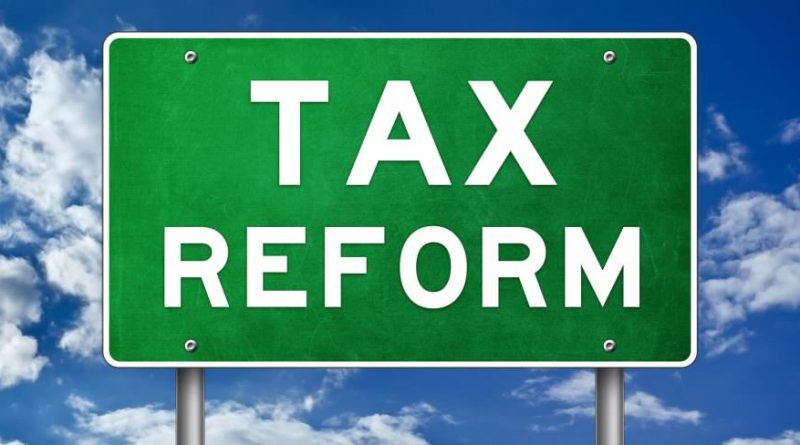Economist urges Nigerians to embrace 2026 tax reform, calls for integrity in governance
Mahmoud Alfa, Kogi-born political economist and chief executive officer of Vibranium Group, has called on Nigerians to actively support the forthcoming 2026 tax reform law, describing it as a crucial step toward national development.
Alfa, a former Political Economic Adviser at the World Bank, in a statement issued Friday in Abuja, urged citizens to see taxation as a civic duty essential for growth, but equally charged government officials to “live a life that will not prove doubters and critics of the President Bola Ahmed Tinubu tax reform right.”
“Under the Government of President Bola Ahmed Tinubu, Nigeria has been governed with bold and necessary economic reforms which are gradually improving the welfare of citizens,” Alfa said. “Yet, some still doubt if the Renewed Hope agenda is real.”
The economist argued that Nigeria remains under-taxed compared to global standards, despite being plagued by multiple taxation, particularly for small business owners.
He noted that while reforms promise to address this challenge, implementation gaps persist, leaving many traders overburdened.
With the new tax law expected to take effect on January 1, 2026, Alfa acknowledged growing apprehension among Nigerians but insisted that taxation remains the backbone of national advancement.
“Advanced nations owe their progress to taxes collected from citizens,” he said.
“In Nigeria, however, distrust remains a major obstacle. The government depends heavily on debt, while citizens evade taxes because they don’t trust that the government will use their money responsibly.”
He lamented that tax evasion has become normalised in Nigeria, with little or no accountability for offenders.
“In this country, people proudly avoid paying tax, and few are ever punished for it. This shows we are under-taxed compared to economies like the UK or Spain.
“But for Nigeria to truly progress, both the government and citizens must change their mindset, government must be transparent, and citizens must fulfil their civic duties.”
Alfa described the relationship between citizens and government as “a chicken-and-egg situation”, arguing that corruption and distrust reinforce each other.
“Refusing to pay tax is a crime; stealing collected taxes is also a crime,” he said.
“The citizen who evades tax and the official who loots public funds are two sides of the same coin. Until both attitudes change, Nigeria will remain trapped in a cycle of mistrust and underdevelopment.”
He acknowledged that some Nigerians fear digital tax systems will expose them to unfair levies and surveillance, with some even threatening to revert to cash-only transactions.
Yet, he maintained that tax reform is non-negotiable if Nigeria must reduce its reliance on debt and fund critical sectors.
Alfa commended Taiwo Oyedele, Chairman of the Presidential Committee on Fiscal Policy and Tax Reforms, for leading what he called “an honest conversation” with citizens about the intent of the reforms.
“Oyedele has done well to engage the public and explain that this reform aims to improve Nigeria’s fiscal health, not enrich government officials,” he noted.
Read also: Tinubu’s 15% fuel import duty will boost local refineries, create jobs — CORAN
“But the government must continue to manage perception effectively, citizens must see sincerity in words and in actions.”
According to Alfa, restoring public trust is the single most important factor that will determine whether the reform succeeds.
“Government officials must lead by example, live modestly, use public resources judiciously, and show that taxes are being channelled into visible public goods: better roads, electricity, healthcare, education, jobs, and security,” he said.
He concluded that taxation, properly managed, remains one of the strongest instruments for building a sustainable economy.
“The Nigerian government must increase its tax drive as done in advanced nations, but officials must also embody the truth that public funds are sacred.
“Only then will citizens trust the process and willingly contribute to national development,” Alfa added.

